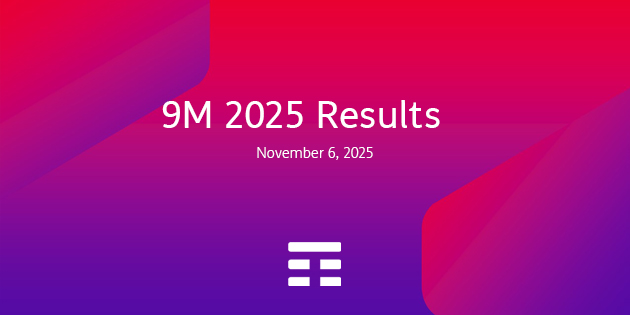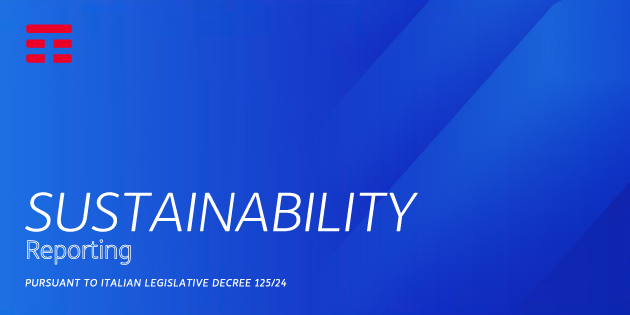In Venice there is a technological structure that collects and processes data on tourist flows, public transportation on roads and waterways, weather forecasts and parking. It is the Smart Control Room, an advanced system that monitors and optimises security and services.
Something similar is happening in Milan, where a Smart Cabinet collects data on the area and processes it using artificial intelligence to feed a dashboard representing traffic flows hour by hour.
In Ivrea, a new model of smart city is being tested, with innovative applications in various fields such as mobility, waste disposal and parking.
These are some concrete examples of how the future is being applied to urban areas according to Olivetti, TIM Group's digital factory focusing on the development of Internet of Things solutions, at the centre of an event held at Expo Dubai 2020, as part of the thematic week dedicated to urban and rural development, and whose protagonist was its CEO Quang Ngo Dinh.
A future that also involves art, culture and tourism, where technology is an indispensable tool for supporting and enhancing the country's most precious heritage.
This is the case for the Mausoleum of Augustus, a majestic monument from ancient Rome restored to the community thanks to the contribution of Fondazione TIM and always open for tours through immersive reality, thanks to dedicated 5G coverage and the use of augmented and virtual reality applications. It is also the case in Pompeii, where TIM Group, working together with the Archaeological Park, has created a live streaming event to relive the emotions of the concert held there by Pink Floyd 50 years ago.
Smart living also means working smart, and in this area the collaboration between Olivetti and Tecno has led to the creation of a solution that uses the IoT to make working at home or in the office an integrated and connected experience, in the context of a daily routine that has been redesigned by the experiences of recent years.
Smart cities are ecosystems that enable public administrations to operate at their best and private individuals to develop their business, while also supporting the development of production sectors. According to estimates by the TIM Research Centre, the increase in value triggered by 5G and IoT technologies will be considerable. From 2025 onwards, the automotive sector will grow by €3.2 billion and the manufacturing sector by €2.5 billion. This will be followed by the energy sector with an annual increase of €2 billion, healthcare (€0.9 billion) and logistics and transport (€0.5 billion).






